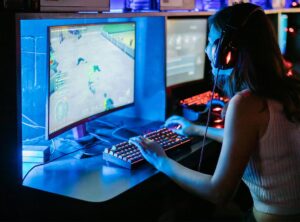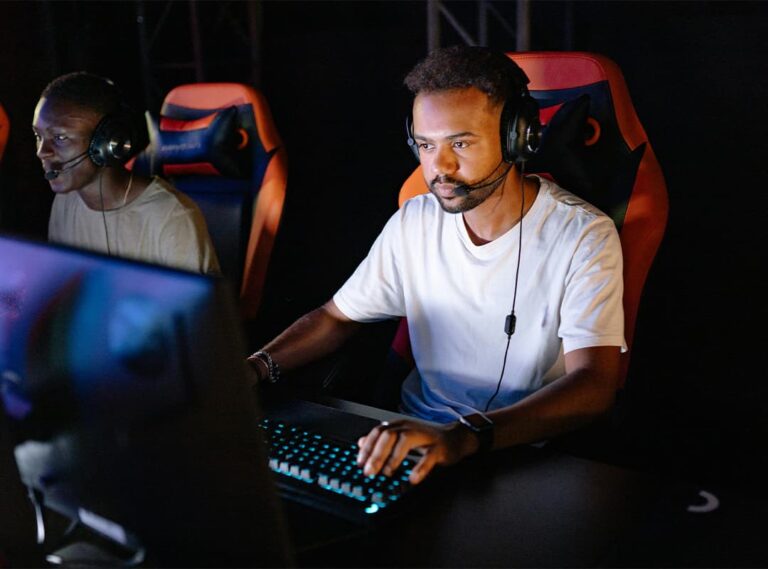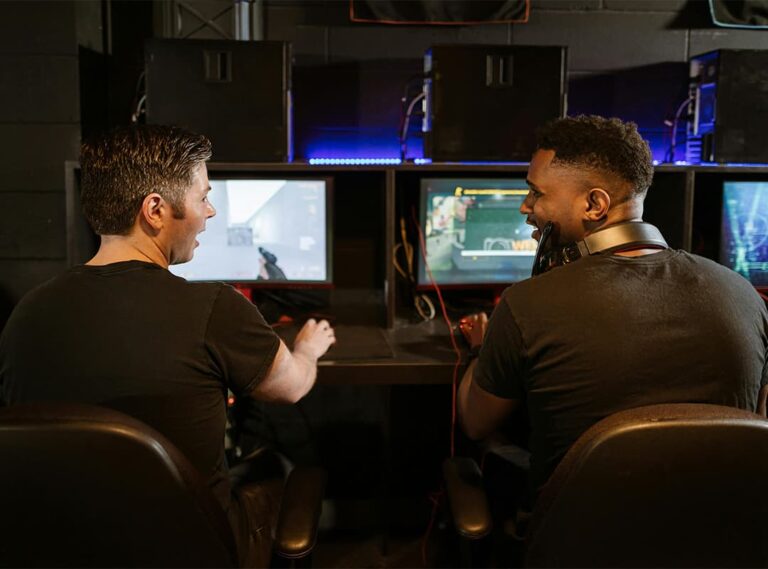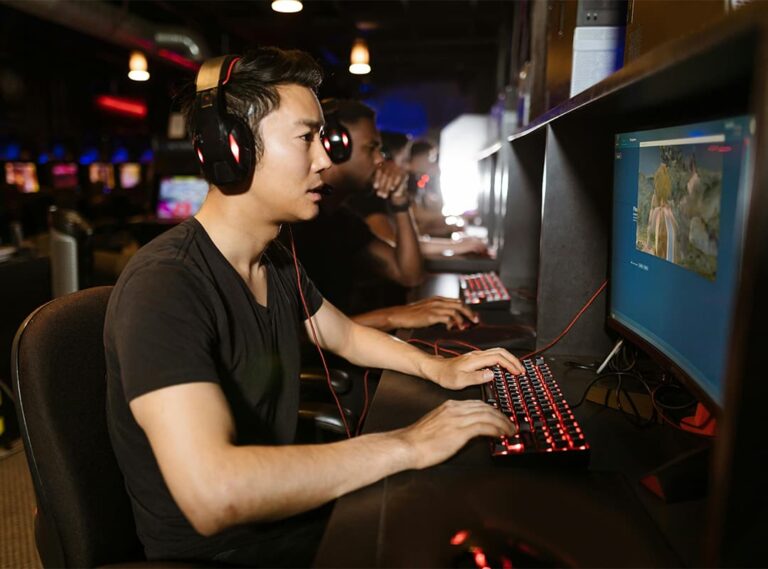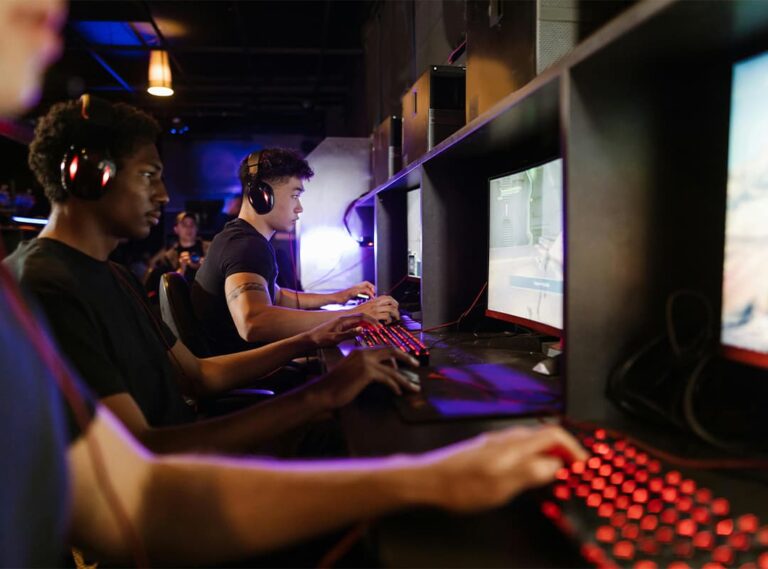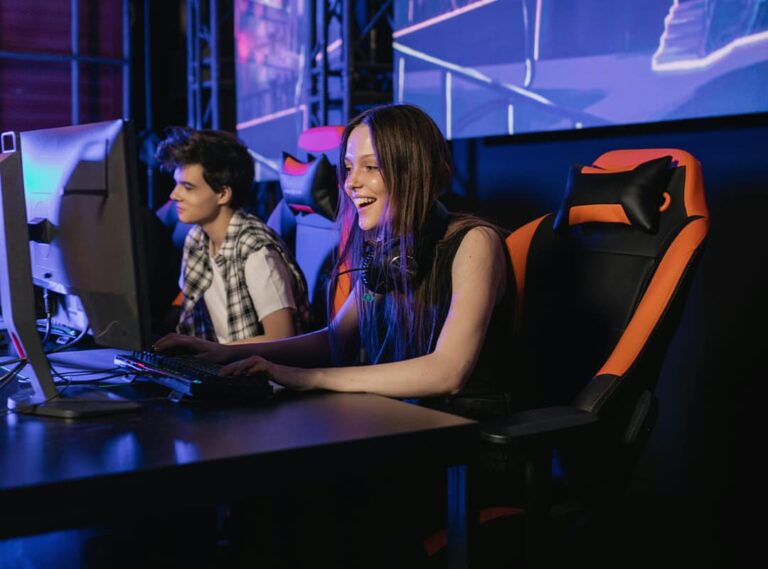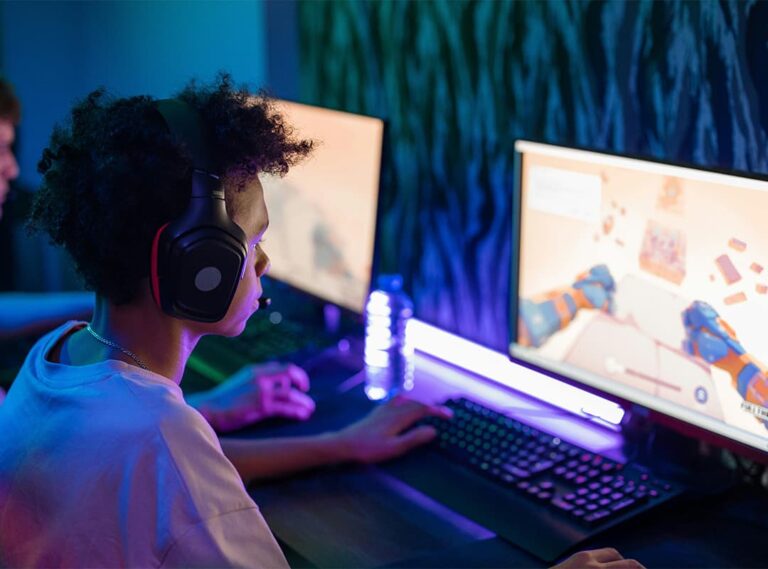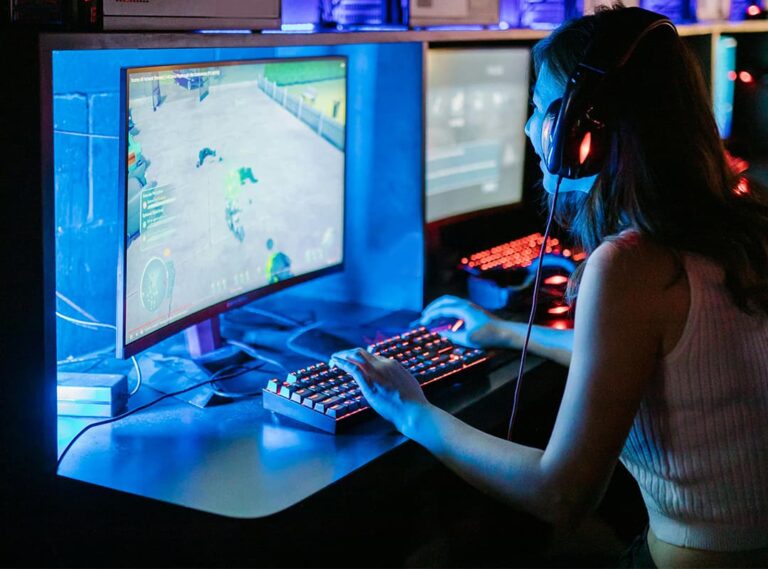There are several different types of NFT games. All of them offer a variety of gaming experiences and opportunities:
Collectible Card Games
This type of game is based on collecting and assembling unique cards in the form of NFTs. Participants can collect, trade and play using their cards, which have different characteristics, abilities and value.
Virtual Worlds and Social Platforms
NFT-based virtual worlds and social platforms offer players the ability to create and customize their characters, own real estate and other virtual assets. This allows users to interact, trade and create unique content within the virtual environment.
Economic simulators and trading platforms
In this type of game, players participate in economic simulations and trading platforms, buying, selling and trading virtual assets, including NFTs. Players can create businesses, participate in markets and economic interactions within the game.
Games with RPG and combat elements
This type of game combines elements of role-playing games (RPGs) and combat, allowing players to control characters, develop their skills, collect equipment, and engage in battles with other players or computer opponents.
Sports managers and soccer simulators
In this type of game, players can act as sports managers and manage a team in competitions. They buy and sell players, create strategies, improve players’ skills and compete with other participants.
These are just a few examples of the types of NFT games that provide different gaming experiences and opportunities for participants. With the development of blockchain and NFT technologies, we can expect new and exciting games in the future.
How NFT games work
The working principle of NFT games is based on the use of non-fungible tokens (NFT) and blockchain technology. Here are the basic principles that underpin the functioning of NFT games:
Uniqueness and authenticity of assets
Each game asset in an NFT game is a unique and non-exchangeable blockchain-based token. Each NFT has its own unique identifying information – metadata – that guarantees authenticity and uniqueness.
Asset ownership and control
In NFT games, players have full control and ownership of game assets in the form of NFTs. This means they are free to buy, sell, trade and use assets as they see fit.
Integration with game mechanics
NFT games integrate their assets into the game mechanics, allowing players to use NFTs for a variety of purposes such as combat, trading, collecting, and character development. Each NFT can have its own unique characteristics, abilities, and functions that affect gameplay.
Trade and economy within the game
NFT games create an economic system in which players can trade their assets with other players. These trades are done using cryptocurrency or other digital assets. This allows players to earn and create value within the game world.
Transparency and security of blockchain
Blockchain technology ensures transparency and security of transactions in NFT games. All transactions and changes in asset ownership are recorded in a distributed blockchain registry, making them immutable and impossible to alter or tamper with.
The way NFT games work is based on a combination of unique digital assets, blockchain and game mechanics. This opens up new opportunities for players, allowing them not only to enjoy the game but also to earn money from their digital assets.
